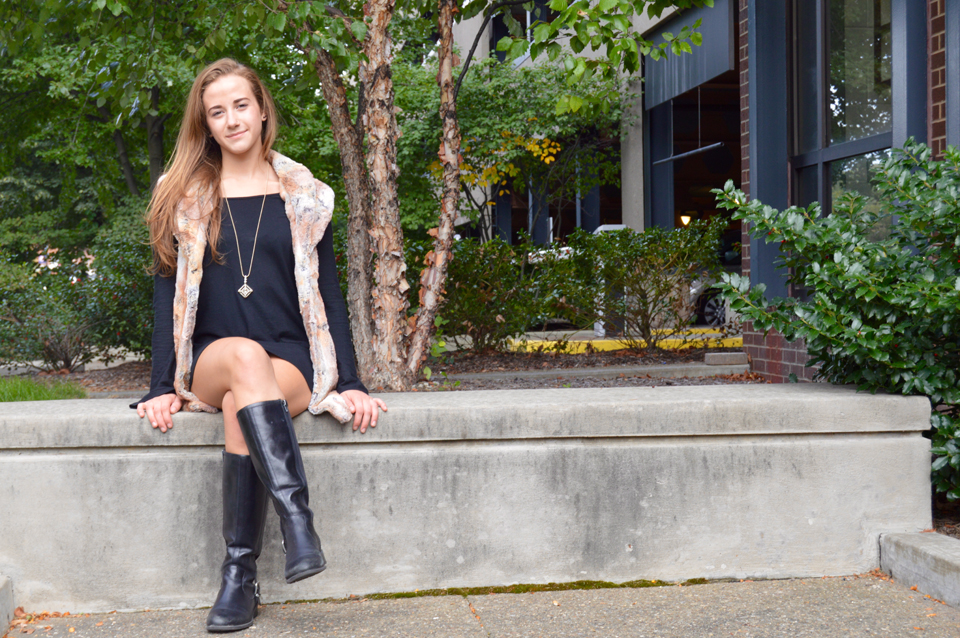
By Shivani Gosai | Opinions Editor
10/5/2017
Many women around the globe celebrated the seemingly small but significant victory announced on Tuesday: women in Saudi Arabia have finally been allowed the right to drive.
After a 30-year-long campaign, women in the predominately Islamic country will be allowed to drive cars starting next June. The exact rules and regulations have not been announced yet.
Saudi Arabia was the only country in the world where women were forbidden to get behind the wheel. Lifting the ban is one of may steps for Crown Prince Mohammed bin Salman to modernize the kingdom. The decision to finally let women drive is an important sign that Saudi Arabia is slowly but surely changing their conservative culture after decades of very traditional Islamic policies.
The decision has unfortunately received a lot of backlash from conservative, male Wahhabi clerics who believe that if women drive, it will make their wives infertile or turn them into sex maniacs or lesbians. These extremists believe that lifting the driving ban will lead to the degradation of Islamic values and traditional Saudi society.
While these views may seem ludicrous to most of us, prejudice is a harsh reality for the women of Saudi Arabia. Although they have finally won the right to drive independently, there is still a lot that needs to change if they are rooting for complete equality. For instance, Saudi women have just received the right to vote and run as candidates in municipal elections in 2015. This isn’t something we have to think about in America since women have been driving here since the late 1800s. We’ve never had to ask for a ride to avoid jail time, let alone ask for permission to go somewhere the way Saudi women have to. There are plenty of examples of Saudi law imprisoning women for getting behind the wheel of a car. Manal al-Sharif, the most famous activist of the driving movement, was arrested and jailed for nine days in 2011. She lost her job as well as custody of her 6-year-old son.
Controlled by a patriarchal system, the lives of Saudi women are restricted to the convictions of men. Today, women there are not allowed to obtain passports or leave the country without their guardian’s permission (their “guardian” is either a husband or male family member). They are also unable to open bank accounts or open businesses. They are not allowed to decide when to marry or divorce without the permission of a male relative, and if they do get divorced, they are unable to have custody of their children. The list of injustices goes on.
Granting women the right to drive is empowering Saudi women for the future and the workforce.
Lina Al Maeena, a member of the Shura Council, said the law will be “increasing women’s participation in the workforce from 22 per cent to 30 per cent,” in an interview with The National.
We should all be celebrating Saudi Arabia’s efforts for equality, but there is still a lot more that needs to be done. Saudi women need our support and our voices to continue to push the government for a less conservative and patriarchal society. Their lives and rights are considered subordinate to those of men, and that is not something anyone should tolerate.
Aziza Youssef, one of Saudi Arabia’s most vocal women’s rights activists, believes the lifting of the driving ban was “A good step forward for women’s rights,” she said to the Associated Press.
“It’s the first step in 1,000 miles to go.”
So, congrats to Saudi Arabia for finally recognizing women as adults, who can now drive their own destiny.



